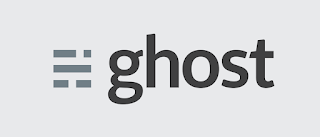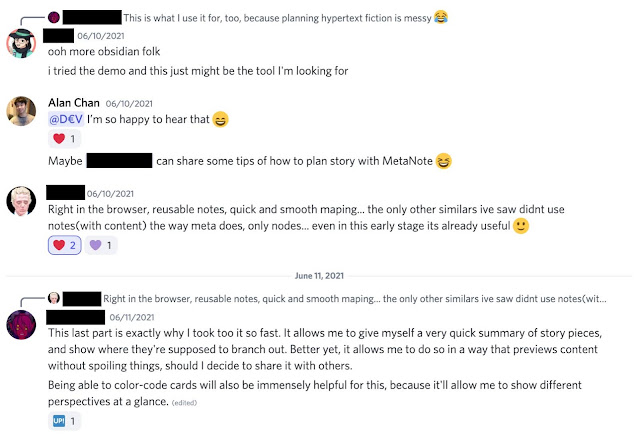重要公告:此部落格已搬家到 Ghost,歡迎訂閱

身為一個喜愛在網路上寫作的人,我已經使用了 Blogger 八年、 Medium 四年。最近深思熟慮後,決定把所有的文章全部搬家到 Ghost 上。 為什麼要搬家到 Ghost 呢? 我在寫作時,一直有著三個核心需求: 版面盡可能簡潔、編輯器能支持 Markdown 語法,讓我不用花費心思去調格式、字體、排版。在這點上,Medium 做得非常好,Blogger 則爛得無可救藥。 在網路上建立一個「自己的地方」。在這點上,Blogger 做得很不錯,但是 Medium 更多時候會讓你覺得自己在把文章發佈到一個平台上,而非自己的網站。這也是我只有少部分文章會發 Medium 的原因。 可以快速地在沒有版權問題的情況下,給文章加上一個漂亮的封面圖片。 以上需求 Ghost 都完美地解決了。Ghost 和 Blogger 一樣可以讓你建立「自己的網站」,但又有著 Medium 等級的 Markdown 編輯器。同時,在 Ghost 我可以一鍵地替文章加上從 Unsplash 挑的免費圖片,省去我 Google 找圖的時間。更讚的是,Ghost 的部落格可以被訂閱,但我在發每一篇文的當下都可以選擇是否要讓訂閱者收到文章的電子報。 綜合以上幾點,我現在決定用 Ghost 管理所有發布的文章,Medium 只發布特定類型的文章,Blogger 則全面停用。以下是我的 Ghost blog 連結,有興趣的人歡迎訂閱 :D https://sheracaolity.ghost.io/ P.S. 希望下一次搬家就是 Hepta Blog 推出的時候了 XD




